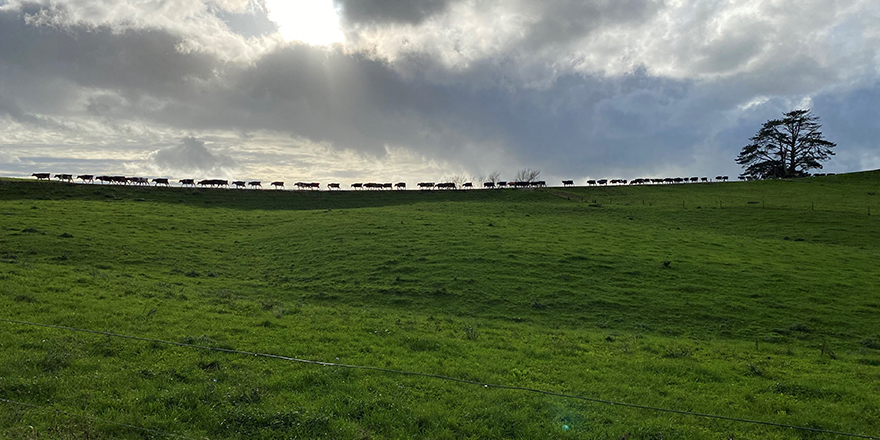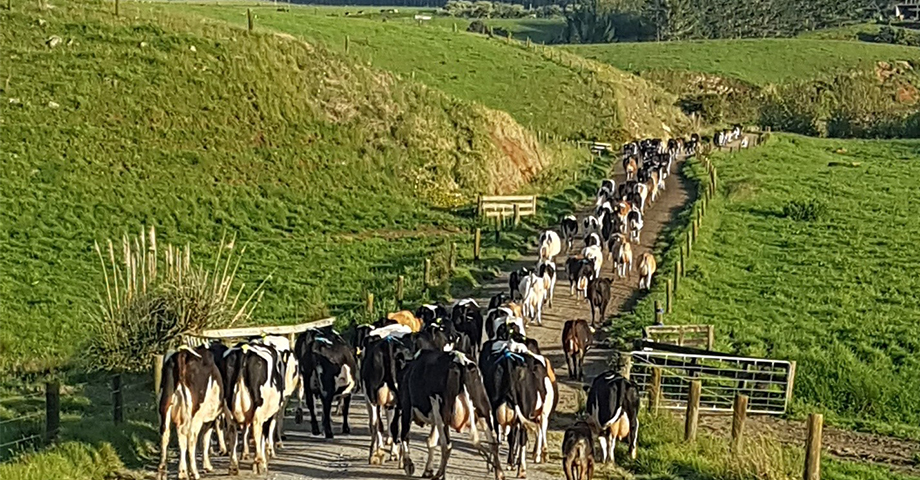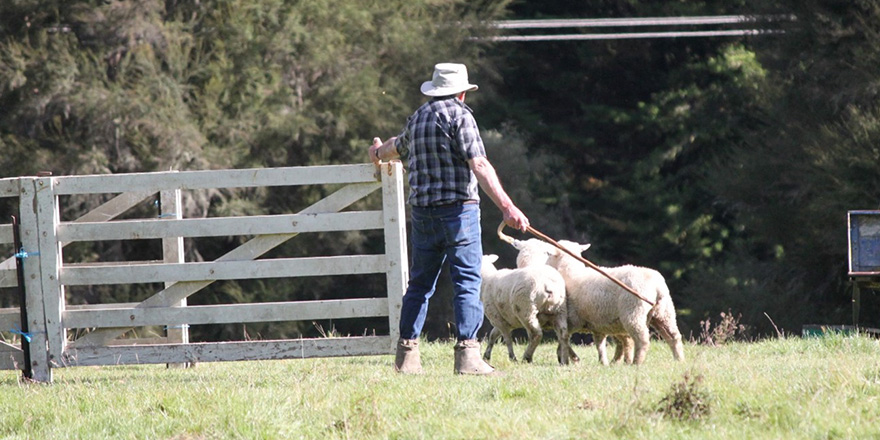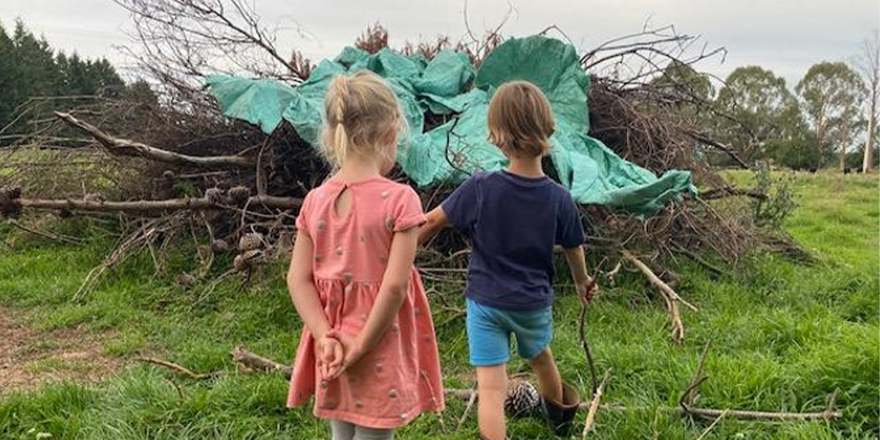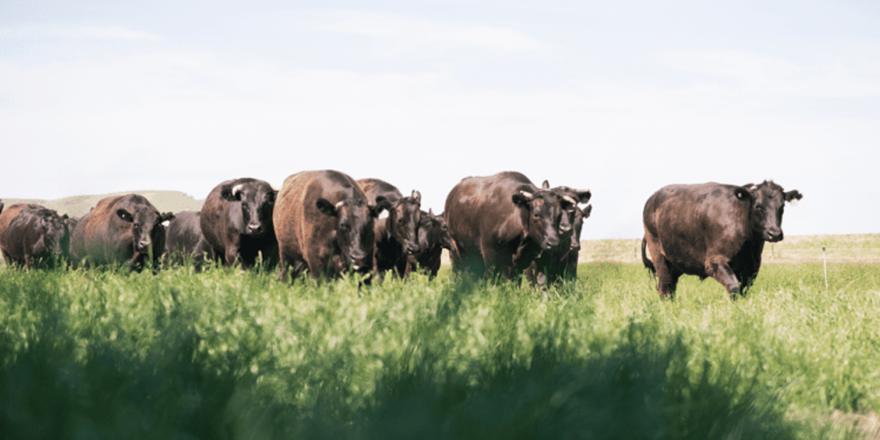
Executive Summary
Major global agri-food trends and changes to the workforce in the future are expected to have an impact on people capability needed in the New Zealand primary industries. With New Zealand’s reliance on exports and competing in international markets, it is recognised that the skills and knowledge will need to keep pace with the evolving demands of society, advances in technology and changing consumer preferences across the global agri-food industry. These are expected to transform the way business is done and in particular how individuals and society interact.
In addition the current government’s focus on sustainability and the environment has also meant there has been a greater emphasis for the primary industries to transition from commodity based agricultural products to high value. People capability, in particular skills that are required post farm gate, is a core asset that will underpin the success of gaining more value out of the products produced and adapting to the accelerating pace of change.
Focusing on the primary industries people capability requirements post farm gate, in particular concentrating on those that add value to agriculture commodities and/or creating high quality premium products and services, the aim of this research project was to:
- Gain an understanding of international agribusiness and workforce trends to identify how these may impact on New Zealand primary industries and the people capability required in future.
- Discuss the people capability requirements in relation to the primary industries post farm gate and identify core people capability themes and skill sets required by those adding value to agriculture commodities and/or creating high quality premium products and services
- Discuss people capability initiatives currently being undertaken by organisations/sectors in the primary industries in relation to post farm gate requirements.
- Identify ways to attract and build talent at a post farm gate level.
Key findings from this research project:
- It is expected by that there will be many changes to business and within the primary industries in the next 10 years, more so than that has occurred historically. Much of this will be driven by consumer demands and technology advancements. Adapting to these while transitioning to value added export will require different skill sets and capabilities to those needed today.
- While it is expected that by 2025 around 230,000 people out of a workforce of 369,700 will be required post farm gate, many of the current industry initiatives tend to focus on attracting and building people capability within the farm gate and at a production level rather than having a view to what skills are needed in order to gain more value out of the products produced at other levels along the value chain.
- Many of the technical skills and qualifications that were thought to be needed post farm gate for those that add value and/or create high quality products/services were customer and market focussed. The importance of the capabilities required to develop markets internationally came through strongly given New Zealand relies on exporting the majority of what is produced by the primary industries. A review of industry people capability initiatives indicates that there is currently only a small focus on this.
- Although a qualification and/or background in food production or the primary industries is useful, transferable ‘soft’ skills are recognised as being most important given the pace change businesses are experiencing. Agility and adaptability, attitude, communication, empathy and understanding, building relationships were rated as the top skills needed now and in future.
- There has been a big effort to incorporate agriculture in education and engage youth with the primary industries. However there does not seem to be a supporting or coordinated industry wide approach that captures or connects the pool of potential talent that has been previously building, potentially undoing the work of these initiatives. This occurs in particular at the post farm gate level.
- People capabilities post farm gate require a range of skills and qualifications not specific to the primary industries and can be gained through a number of institutions. Currently sectors seem to limit post farm gate talent pool with many focusing on qualifications or specific degrees in relation to agricultural subjects received from a select few institutions.
- Overwhelmingly the perception of the primary industries is seen as one of the biggest challenges with attracting and building people capability not just at post farm gate, but also within the farm gate. In order to attract the people capability required for the future, it was identified that a consistent overarching story/message that is exciting, relevant, inspiring, that resonates and connects the industry to food rather than the term ‘primary industries’ is fundamental.
The following recommendations are points that warrant further investigation:
- Determine and develop an overarching industry wide story to create a consistent message that links sectors and the industry to food more clearly.
- Provide increased focus on attracting and developing the skills required post farm gate at differing levels. In particular initiatives to help build international and in-market experience.
- Create a central platform to capture and connect the talent that is being built by current initiatives engaging with youth.
- Target a wider skill base than the narrow group that is currently being targeted and promoted to by current initiatives.
- Further investigate future workforce design and apply this to the post farm gate businesses as a way of attracting, developing and retaining talent in the industry.
There are broader aspects to this subject that have been explored but not elaborated on. Overall it is hoped that this research project will offer insights and provide discussion points to what is needed in terms of attracting and building people capability post farm gate going forward.
Download and read the full report here

